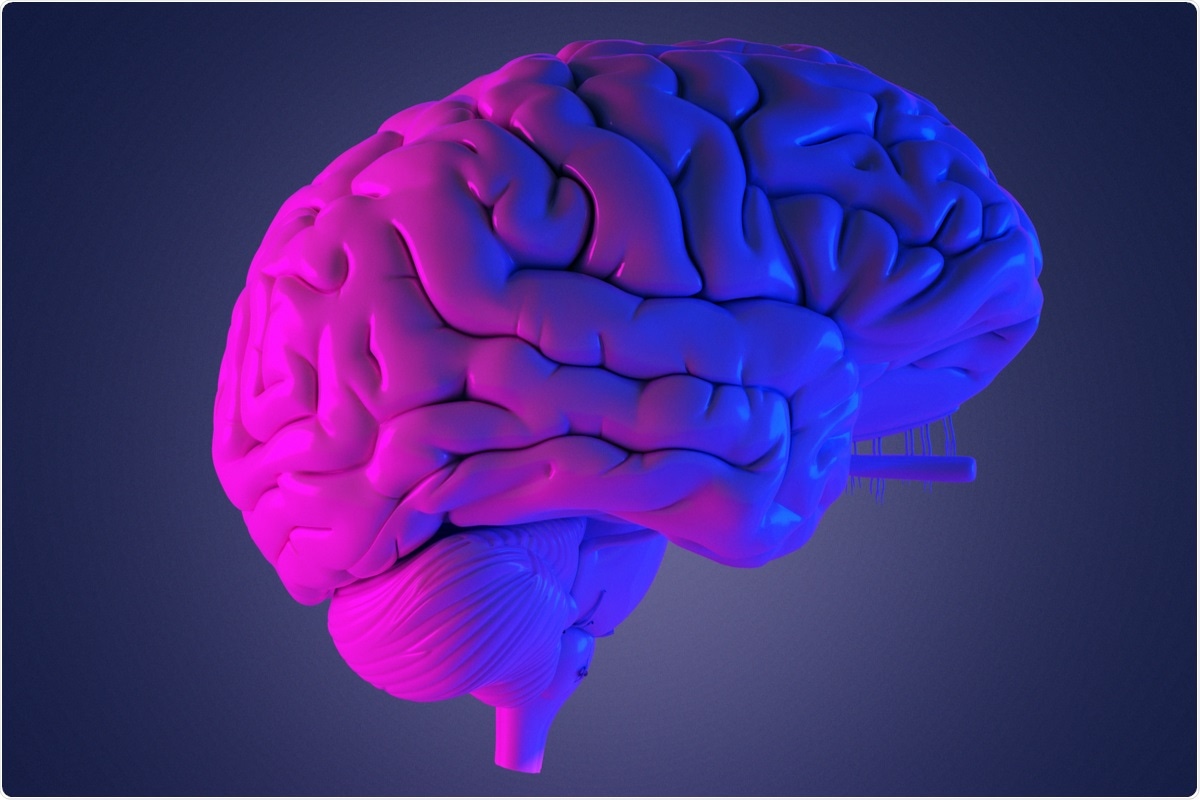Reviewed by Danielle Ellis, B.Sc.Sep 17 2021
Humans have a huge and intricately folded neocortex, the reason for various intellectual abilities, setting apart humans from all other species.
 Image Credit: SciePro/Shutterstock.com
Image Credit: SciePro/Shutterstock.com
A group of scientists led by Dr Tran Tuoc from the Department of Human Genetics at the Faculty of Medicine at Ruhr-Universität Bochum (RUB) discovered a vital factor that might be the reason for this brain development during the course of evolution: the so-called H3 acetylation of basal neural precursor cells.
This observation might also lead the path for the treatment of neurodegenerative diseases. The study was published on September 15th, 2021, in the Science Advances journal.
How the human brain develops
The neocortex is structured into six neuronal layers and several functional areas. They are the structural basis for the processing of sensorimotor stimuli and various other intellectual abilities. During the course of evolution, the human brain underwent numerous changes, including, for instance, major growth in size, and a special folding of the neocortex.
This evolution is thought to have shaped our behavior and cognitive abilities and made our species so unique.”
Dr Tran Tuoc, Department of Human Genetics, Faculty of Medicine, Ruhr-University Bochum
The billions of neurons that assist this expansion are majorly created by the so-called basal progenitors (BPs) situated in the germinal zones of the developing brain.
How brain growth is controlled was not known
Although scientists were very absorbed in providing insights on this development recently, they were able to pinpoint only a few factors that perform a role in it.
Moreover, the epigenetic mechanisms that are thought to control the proliferation of BPs on a genome-wide scale are still not known.”
Dr Tran Tuoc, Department of Human Genetics, Faculty of Medicine, Ruhr-University Bochum
Along with a group of international scientists, he was successful in pinpointing a vital factor in the expansion and folding of the neocortex: H3 acetylation. The proliferation of basal progenitor cells is regulated by H3 acetylation.
To analyze if the cortical expansion in evolution is associated with a change in the epigenetic landscape, the researchers analyzed whether epigenetic marks vary between TBR2-positive (+) BPs from human and mouse cortices.
They carried out intranuclear immunofluorescence staining with TBR2 antibodies and with single-cell suspensions isolated from developing human and mouse cortices. Subsequently, they carried out fluorescence-activated cell sorting (FACS) to purify TBR2+ BPs.
The researchers employed a novel mass spectrometry-based technique to identify differences in the epigenetic landscape between the developing human and mouse brain.
Our studies showed that what is known as histone H3 lysine 9 acetylation, or H3K9ac, is low in mouse basal progenitor cells but high in human cells.”
Dr Tran Tuoc, Department of Human Genetics, Faculty of Medicine, Ruhr-University Bochum
Increasing the acetylation of mouse neurons in the experiment stimulated their proliferation, which resulted in the growth and folding of the typically smooth mouse cortex. The pathway is through increased expression of the TRNP1 gene.
The observations indicate that manipulating H3 acetylation in basal progenitor cells can help produce more neurons, which alternately could be employed to treat neurodegenerative diseases.
Source:
Journal reference:
Kerimoglu, C., et al. (2021) H3 acetylation selectively promotes basal progenitor proliferation and neocortex expansion. Science Advances. doi.org/10.1126/sciadv.abc6792.